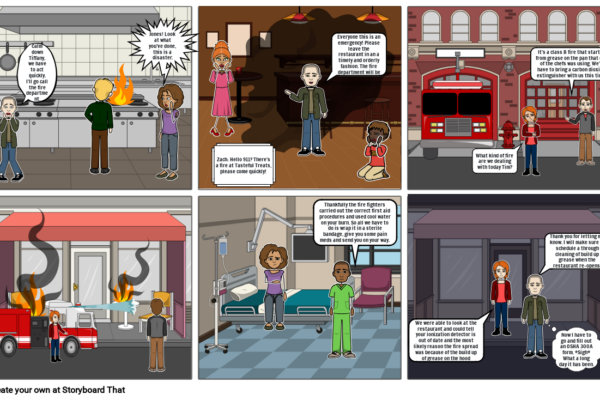
Introduction
Throughout history, bad omens have held significant meaning in various cultures around the world. These signs or occurrences are often interpreted as negative foretellings, influencing decisions and actions. As societies evolve, the way individuals perceive and react to these omens varies, but their relevance persists. Understanding the concept of bad omens can offer insights into human behaviour, cultural beliefs, and even psychological responses.
Origins and Cultural Perspectives
The idea of omens has been documented in ancient texts and folklore, ranging from Biblical references to Greek mythology. In the Roman Empire, augurs would interpret the will of the gods by studying the flight patterns of birds, believing that unusual movements indicated divine displeasure. Similarly, in many Indigenous cultures, natural phenomena such as eclipses or storms are often viewed as bad omens, prompting communities to take precautions.
In more contemporary contexts, bad omens frequently manifest in superstitions. For instance, the sighting of a black cat crossing one’s path is often seen as a sign of impending misfortune in Western cultures. This blending of historical significance with modern superstition illustrates how deeply rooted these beliefs are in human consciousness.
Recent Examples and Public Perception
As of 2023, recent events have brought bad omens into the spotlight, especially in relation to environmental changes and natural disasters. Wildfires, floods, and extreme weather patterns have been interpreted by some as ominous signs of climate change consequences. The growing concern about these natural events often results in heightened superstitions or calls for action based on interpretable signs.
Moreover, social media has amplified the notion of bad omens, with various clips and memes propagating interpretations of events as harbingers of doom. This trend raises questions about collective anxiety and our tendency to find patterns in randomness—a behavioural phenomenon known as apophenia.
Conclusion
Understanding bad omens provides a window into the cultural psyche and the ways societies navigate uncertainty and fear. While some may dismiss these signs as mere superstition, others view them as important indicators of larger issues. As we confront challenges such as climate change and social unrest, the interpretation of omens may evolve, ultimately reflecting our shared human experience. By acknowledging these beliefs and their contexts, viewers can find meaning in chaos, helping to make sense of the unpredictable aspects of life.
You may also like

The Importance of Nations in Modern Society

Understanding National Events and Their Significance
